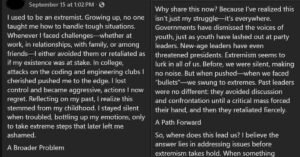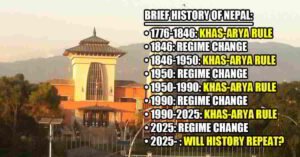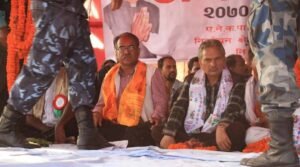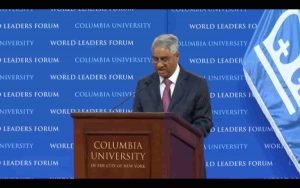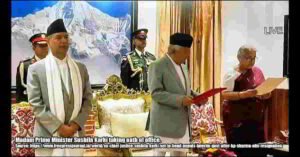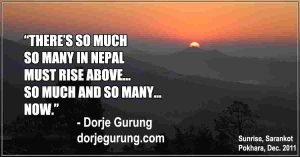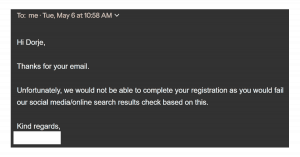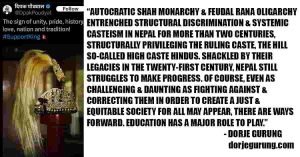From Trauma to Growth: Why Nepali Culture MUST Prioritize the Emotional Lives of Children
Traditional Nepalis' belief that children should be spoken to, not listened to, is highly detrimental. It has promoted a culture--at home, school, and in society--that fails to cater to the emotional needs of children, raising emotionally stunted and immature adults, especially the males who, more likely than not, use verbal, emotional and physical violence to communicate.
Solution is to respect children, abandon, our punitive culture, impart critical thinking skills among others.

